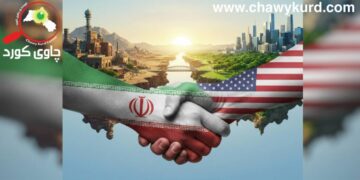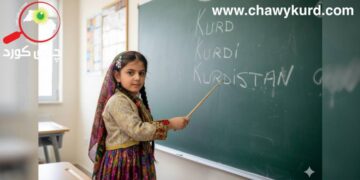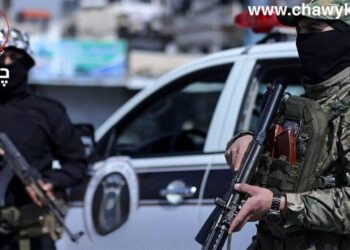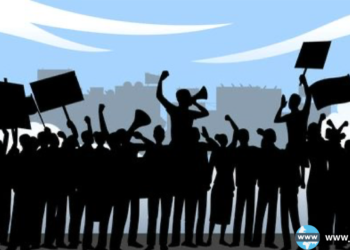Political Opposition in dictators system
The situation of political opposition in dictatorial systems in several ways is different from democratic systems. Firstly, in these systems, opposition is legally forbidden, and activists have no rights and freedoms, there is no exaggeration if we say that in these systems the opposition is considered immoral and the people in opposition are defined as, traitors, deceitful and foreign servants. Secondly, government considers the opposition as a destroyer of power in order to pave a way for repression and considers them as a serious threat to unity of country’s territory. Thirdly, in these systems there is no opportunity for uprising and activities of the opposition, because existence of political opposition in the society is based on assumption of social and political variety, the rule of law, exchange of power. Lastly, in dictatorial systems, one ideology, one political party and one person have rooted in society, who does not see any rights, freedoms or activities as a legitimate for political opposition. Therefore, it has forced the political opposition to take secret activities and even armed activities. Indeed, political opposition can be a golden opportunity to reduce mistakes and shortages and expand legitimacy of power, but the dictatorship itself will become a serious threat on its power and making people face the country’s authorities.
The importance of political opposition
Political opposition has great roles in developing political life and progress the society through explore problems and crisis in the society. Moreover, it leads to create a bridge between power and people, therefore, we can emphasize on its significant roles in the following points:
1) Establishing multiparty life.
The opposition parties’ efforts to put pressure on power and encourage them to recognize multiparty are a major point in the establishment of a multi-party system and development of democracy in the society.
2) Balance of forces and establishing stability.
Existence of differences is considered a natural basis for public life and political works in the society, and presence of political opposition reflects these differences.
3) Developing political participation.
The weakness of public participation in public affairs is considered one of the obstacles to political development in this region, which is related to nature of the political systems that has based on monopoly and individuality of power. The presence of opposition parties and their criticism of power will encourage citizens to participate in the political process.
4) Peaceful exchanges of power.
Peaceful exchanges of power is considered an important and fundamental basis in the democratic process
Political opposition in the Kurdistan Region
The idea of political opposition in the Middle East, including the “Kurdistan Region”, relates to struggles against colonialism in the early twentieth century and then the idea of independence and rights for the Kurdish people, which reflected right to confront oppression. Therefore, we see that this opposition includes armed and military forms because of its obstacles and lack of freedom of political works in the region.





























































